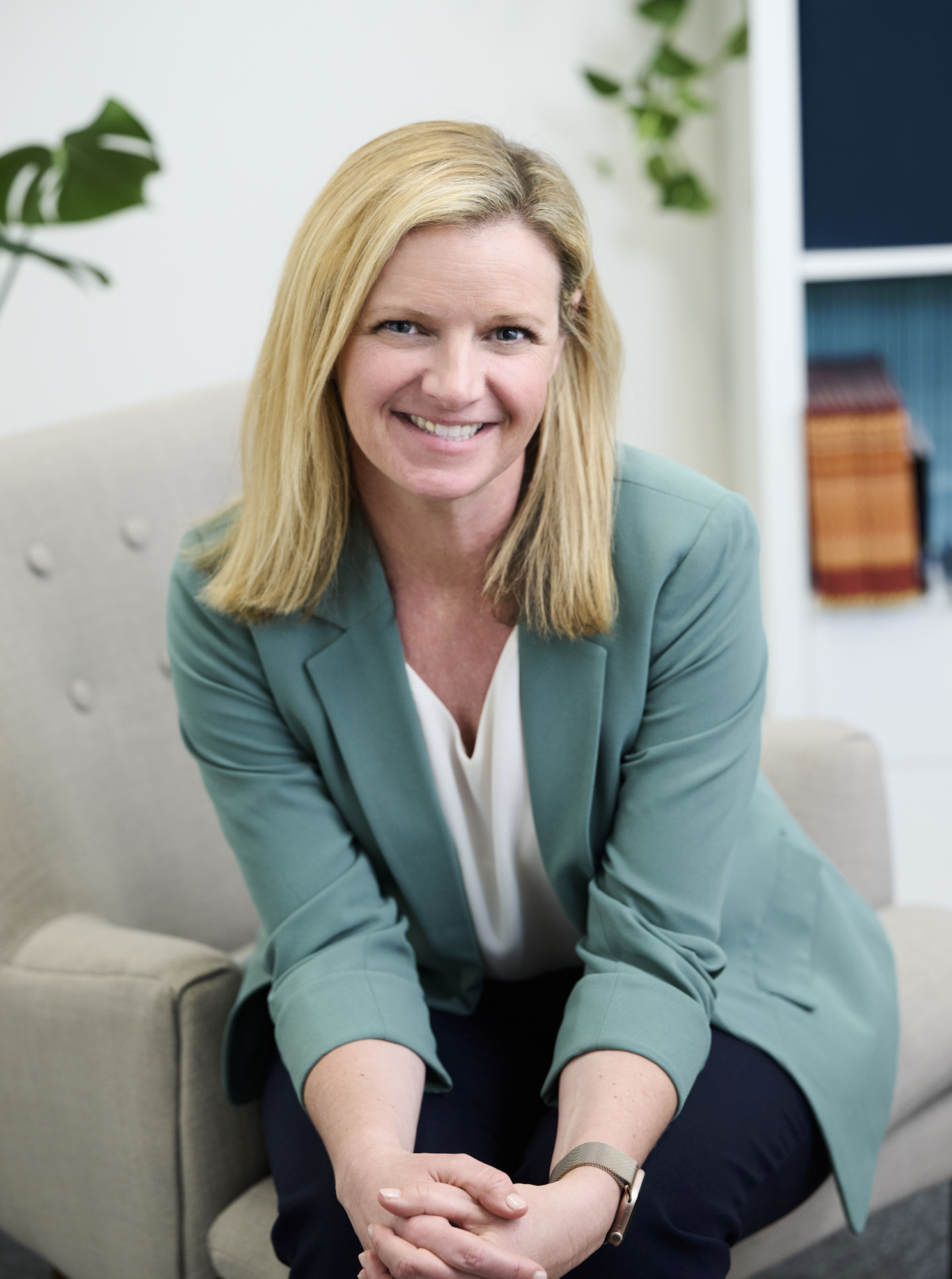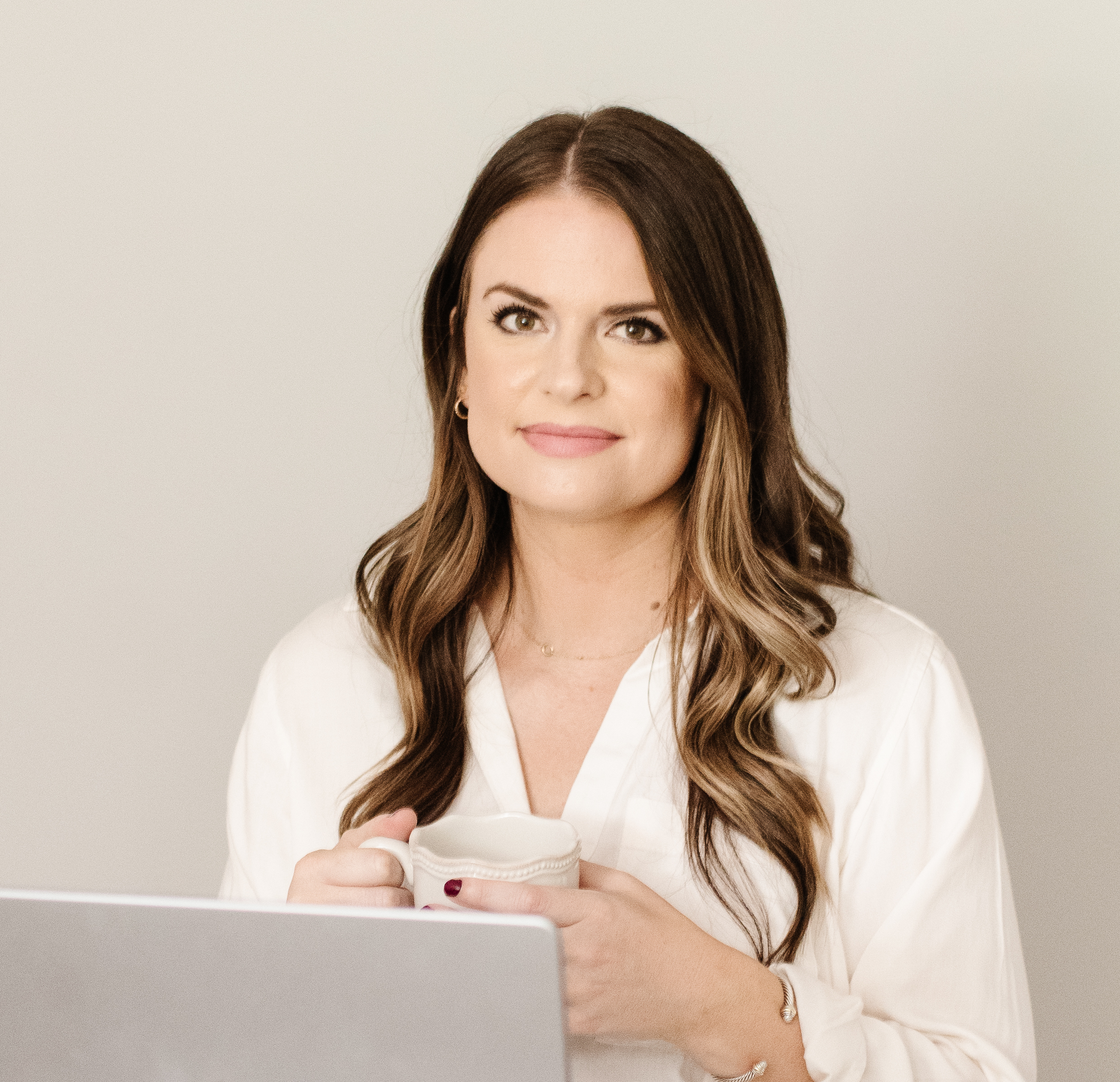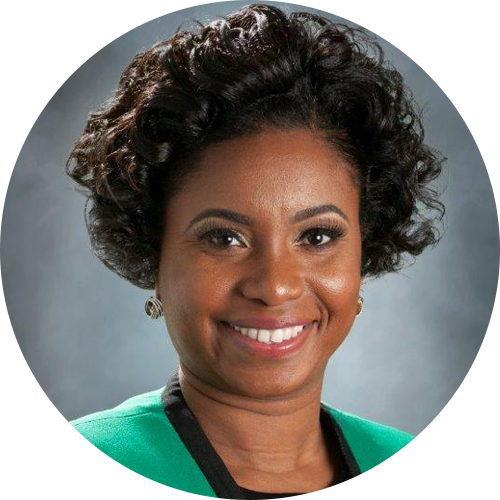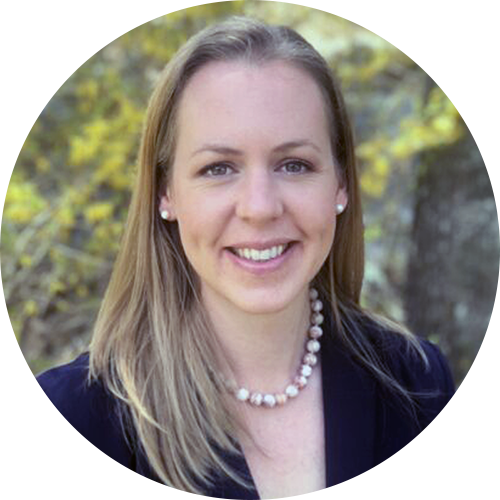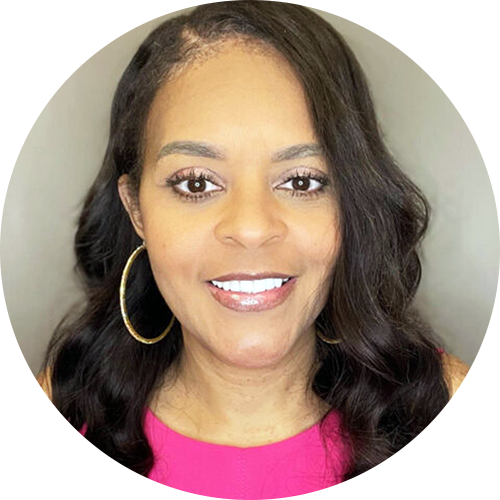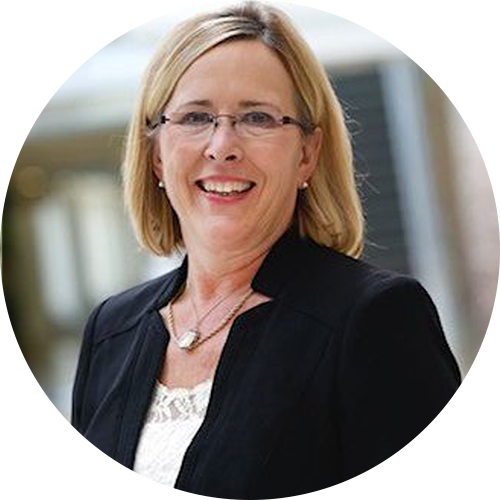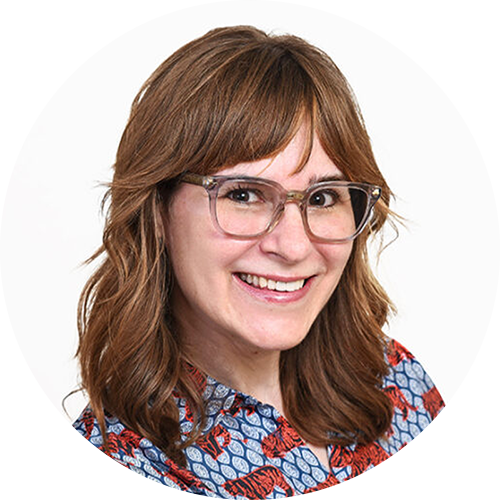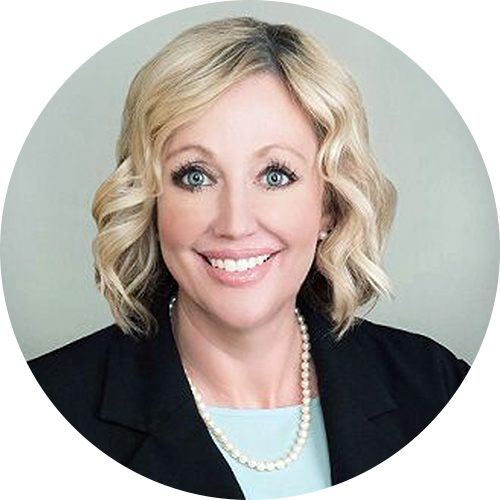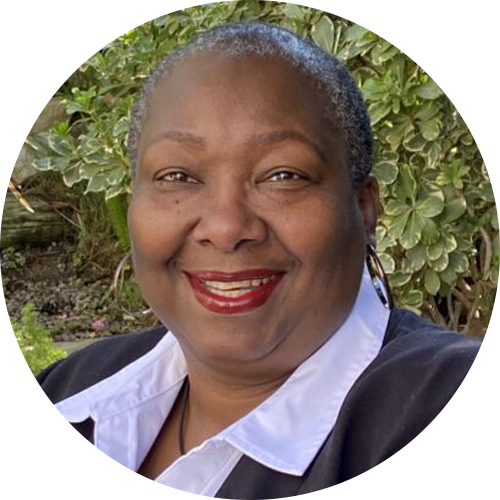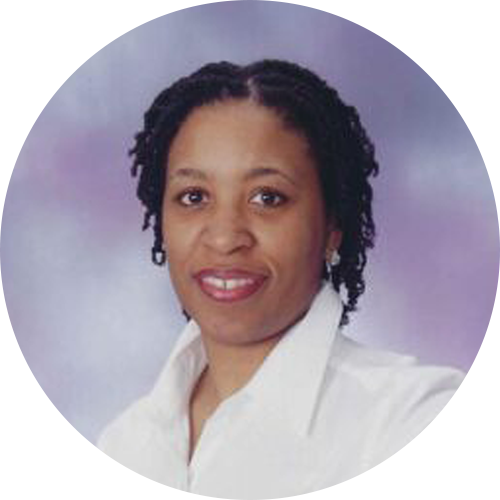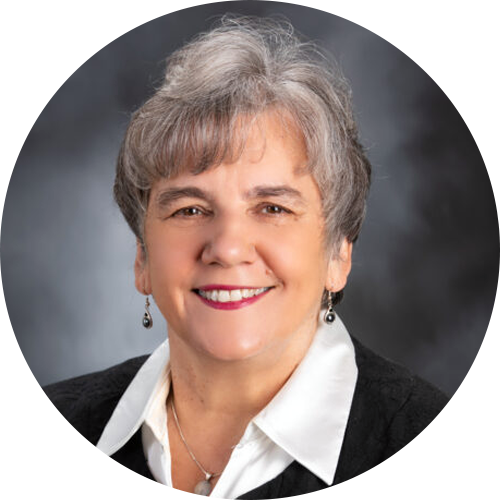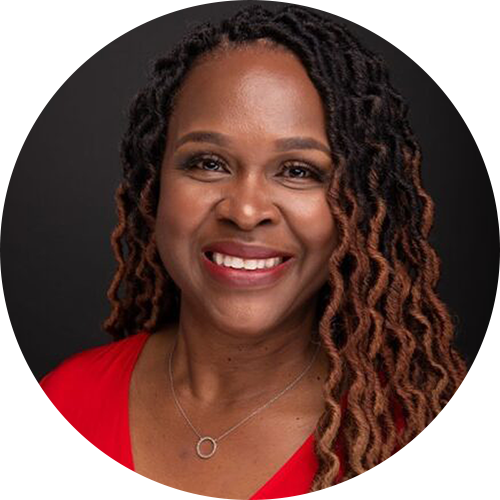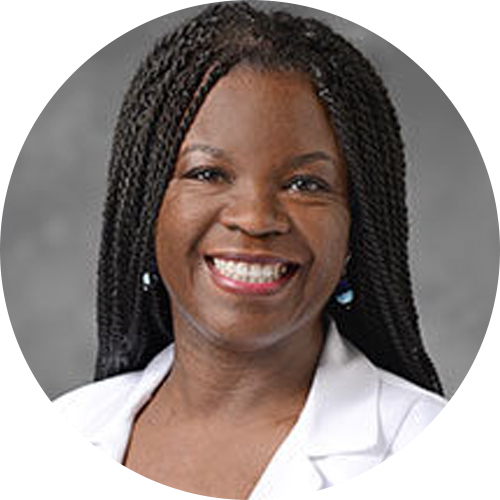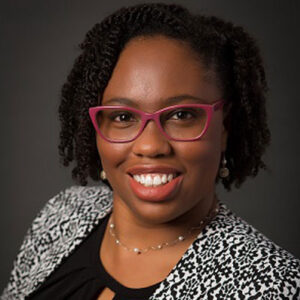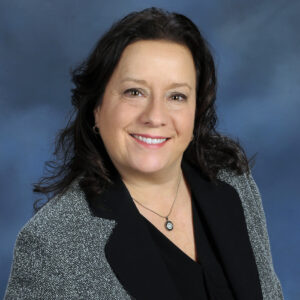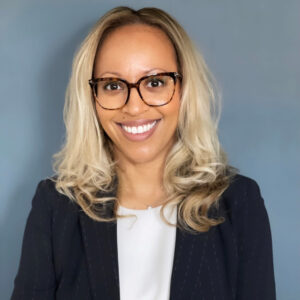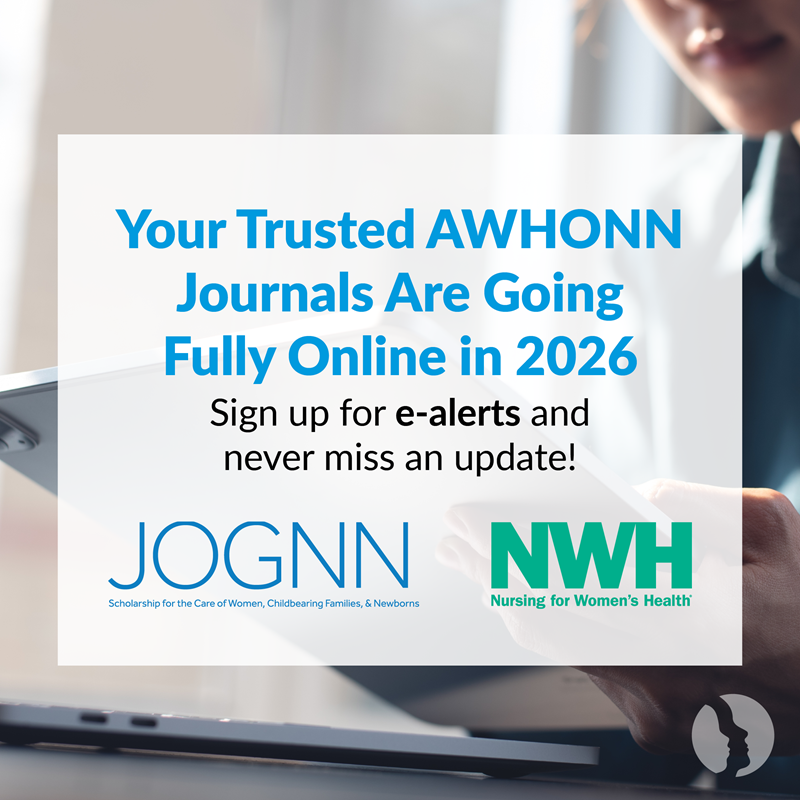Amniotic fluid embolism (AFE) is life-threatening, unpredictable, sudden, and complex. Miranda Klassen and Kayleigh Summers are two remarkable survivors and leading voices in AFE advocacy, education, and research. In this episode, they describe their life changing experiences, reflect on how AFE can impact nurses and other health care professionals, and share their mission driven work to heal. Immerse yourself in this episode in order to connect with the tools and resources you need to prepare for an AFE or to support survivors.
Meet our guests:
Miranda Klassen, BSc
Kayleigh Summers, LCSW, PMH-C
Episode Resources
- Amniotic Fluid Embolism Foundation
- Crisis Hotline Call: 1-307-363-2337 (1-307-END-AFES)
- Course: Amniotic Fluid Embolism: A Practical Approach
- AFE Effective Communication Guide
- Klassen, M., Summers, K. (2025). Effective communication during and after an amniotic fluid embolism. MCN. The American Journal of Maternal Child Nursing, 50(5), 269-276. doi: 10.1097/NMC.0000000000001121.
- AFE Management and Treatment
- Pacheco, L. D., Clark, S. M., Fox, K., Bauer, M. E., & Clark, S. L. (2025). Use of atropine, ondansetron, and ketorolac in suspected amniotic fluid embolism. Obstetrics and Gynecology. doi: 10.1097/AOG.0000000000006095.
- Cao, D., Arens, A. M., Chow, S. L., Easter, S. R., Hoffman, R. S., Lagina, III, A. T., Lavonas, E. J., Patil, K. D., Sutherland, L. D., Tijssen, J. A., Wang, G. S., Zelop, C. M., Rodriguez, A. J., Drennan, I. R., & McBride, M. E. (2025). Part 10: Adult and pediatric special circumstances of resuscitation: 2025 American Heart Association guidelines for cardiopulmonary resuscitation and emergency cardiovascular care. Circulation, 152(suppl 2), S578–S672. doi: 10.1161/CIR.0000000000001380.
- Ripoll, J. G., Kahn-Pascual, Y. O., Seelhammer, T. G., Bittner, E. A., Chang, M. G., Ortoleva, J., Soto, J. C. D., Elmadhoun, O., Naoum, E. E., Wieruszewski, P. M., Nabzdyk, C. G., & Ramakrishna, H. (2025). ECMO in pregnancy: Analysis of indications, management and outcomes. Journal of Cardiothoracic and Vascular Anesthesia. https://doi.org/10.1053/j.jvca.2025.08.030.
- The Birth Trauma Mama Podcast
- Holding Hope Perinatal
- Documentary: 24 Days Without You
- Postpartum Support International: Karen Kleinman’s Postpartum Stress Center
- Preeclampsia Foundation
- Eye Movement Desensitization and Reprocessing (EMDR) Theory



